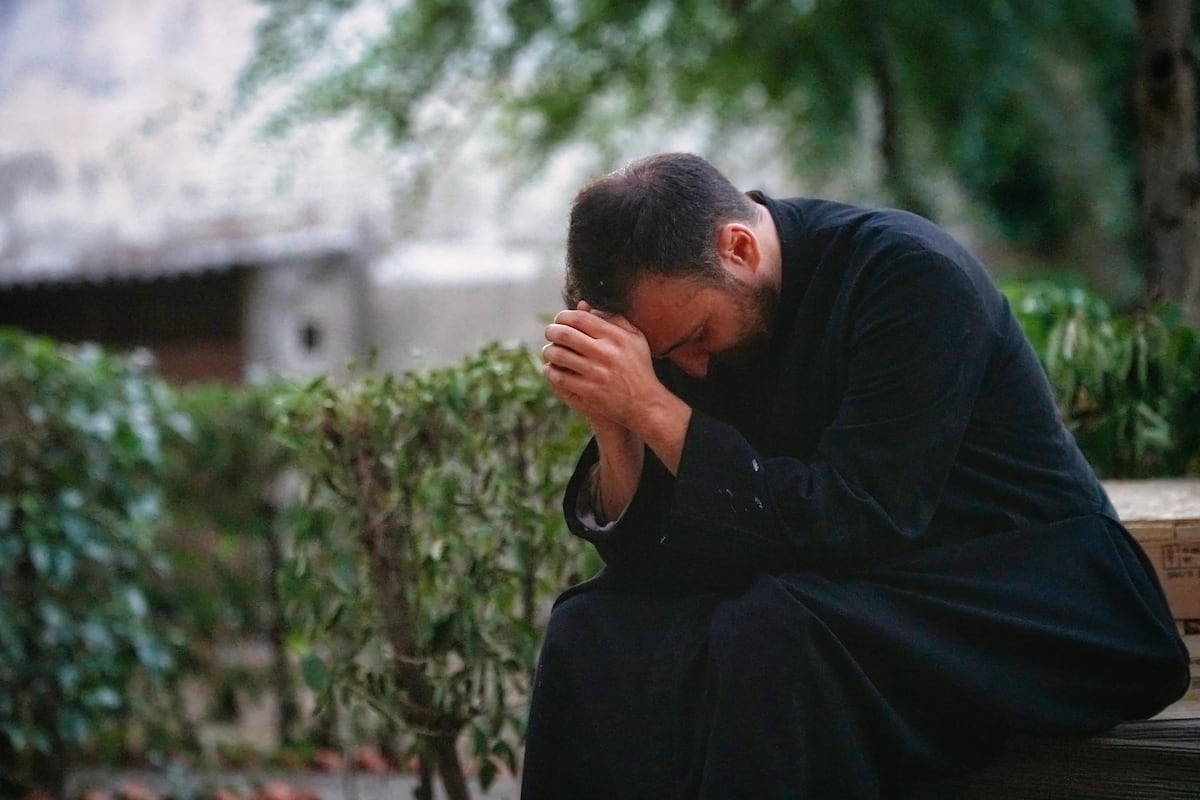
"The so-called last universal genius, the German philosopher and mathematician Gottfried Leibniz, mentioned in a 1666 document a mysterious certain Spaniard who had been a pioneer among his contemporaries in attempting to create a common language for all humanity. This enigmatic Spaniard, Leibniz recounted, had presented an ingenious method in Rome in 1653, based on converting the essential concepts of life into a kind of mathematical language, with a combination of Roman and Arabic numerals."
"For centuries, this revolutionary Spanish figure remained anonymous, but the historian Ramon Cenal unmasked his identity in 1946: he was Pedro Bermudo, born in 1610 in La Puebla de Montalban (Toledo) and who died in Madrid at the age of 74. A play in his town now rescues the astonishing story of this completely forgotten member of the Society of Jesus Catholic congregration, better known as the Jesuits."
"Bermudo's proposal took up a single page. In it, he suggested grouping concepts into 44 fundamental classes, written with Roman numerals. Fish belonged to class XVI. Within each class, he included a few dozen common, specific terms, which in turn were labeled with an Arabic numeral. Hake, for example, would be XVI.12. His 44 classes reflected his personal concerns: class I was made up of the elements, such as fire, wind, and hell; class II, celestial entities, such as stars and lightning."
Gottfried Leibniz recorded that a Spaniard had pioneered a common language by converting core concepts into a numerical, mathematical system. The innovator was Pedro Bermudo (born 1610, died in Madrid at 74), identified by Ramon Cenal in 1946. Bermudo presented a one-page proposal in Rome in 1653 titled Arithmeticus nomenclator inviting unity of language. The system grouped concepts into 44 fundamental classes labeled with Roman numerals and assigned specific terms within each class Arabic numerals, producing codes like XVI.12 for hake and III.1 for God. A local play revived his forgotten Jesuit legacy.
Read at english.elpais.com
Unable to calculate read time
Collection
[
|
...
]